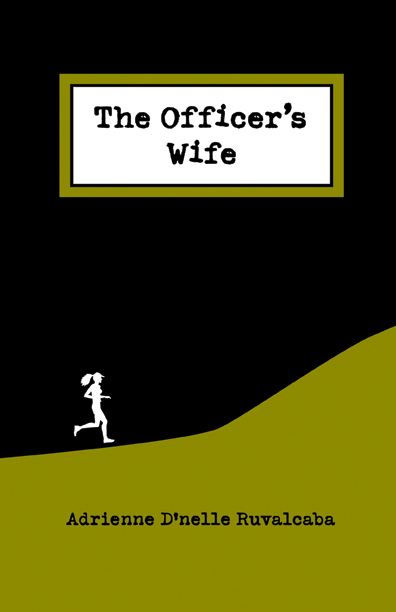
Why am I not surprised that Zimmerman has supporters? I grew up in the south, that’s why. I’m glad the Trayvon Martin case is getting national attention. At least it means that the deep south can’t continue to be the region whose actions just get overlooked and swept under the rug by the rest of the country.
A day I’ll never forget…
When I was in high school, a classmate named Wendie hit and killed a junior high school kid with her truck. She left the scene of the accident, and the boy was left alone to die, but Wendie didn’t suffer any consequences for her actions. She may have lost her license for a period of time, but that is a small price to pay for a fatal hit and run accident.
The victim’s name was Adrian, and he lived next door to me. He was in the chess club, like me. He was my little brother’s best friend. He was a good kid. His only downfall? He came from the wrong side of the tracks, and his parents were assumed to be illegal immigrants. Wendie lived in one of the “rich” neighborhoods. One of her aunts was the principal of the local junior high school. She was also a good kid, but she was white and Adrian was not, so that made her better than he was. In that truck vs. bicycle accident Adrian lost his life, and Wendie lost nothing, despite the fact that she’d left the scene of the accident. If she hadn’t abandoned that injured little boy on the side of the road, perhaps he’d be alive today.
The day after Wendie killed Adrian, I sat in pre-calculus class and listened as some of the other kids in the class joked about it. Arnulfo ______ and Rush “Rusty” _____ were two of the most popular boys in high school. Rusty was on the varsity football team that won the state championship that year, and Arnulfo had been voted most handsome in the yearbook. They were alpha males, and they were part of the dominant culture. If they wanted to make jokes about a poor dead Mexican kid, they felt they had every right to do so.
I sat there seething in silence as Rusty and Arnulfo snickered and whispered about Adrian’s death behind me. My fuse was already short for the day, because I’d been kept up all night by the people next door. The walls in the projects were pathetically thin, so it was easy to hear the neighbors even when they weren’t being loud. In this case, the neighbors were justified in being loud. I listened as Adrian’s mother sobbed all night, and it was impossible for me not to feel affected by the woman’s grief. Anybody with even a smidgeon of compassion would have been affected by such profound, tangible, overwhelming and justified grief. I spent the night crying right along with her, but my tears had been silent.
As I sat there in class, one of only a couple of black kids, I thought of the way Adrian’s mother had looked when the police told her that her son had been killed on his way home from the fair. She took the news as any mother would. At first she didn’t want to believe it was true, and then when she did believe it she screamed out as if a piece of her soul had been forcibly ripped from her. I wished I’d had the courage to turn in my seat and tell Rusty and Arnulfo how despicable it was for them to be laughing about it. I wanted to scream at them that Adrian had been my neighbor, my brother’s friend, a fellow chess player, and a good person. How could they make fun of his tragic death?
Adrian’s story didn’t make the national news as Trayvon’s did. It happened in Southeast Texas in the 1990’s, a time when racial relations were supposed to have been much better. Things are not “better.” There is still so much work to be done, despite the fact that so many people think things are now fine. If you’ve never felt the power that the color of your skin can have against you, then I wouldn’t expect you to understand what I mean when I say that racial relations are still far from “fine.”
Racism is still alive and well in this country. It just doesn’t come out in overt ways as much as it used to. That day in class I was appalled that the well-to-do white kids could joke about Adrian’s death in such a callous manner. People keep turning a blind eye to racially motivated insensitivity and violence, and pretending that racism is merely some ghost from the past that only African Americans fear. We, as Americans, should all fear racism, and we should talk about it openly. Ignoring the problem and pretending it’s all in our minds is not an effective solution.
Feelings of racial inferiority are so internalized for me I feel guilty even now as I write this. Am I just being overly dramatic? Am I wrong for being so saddened by it?
And then there is the other side of the argument… the comeback that minorities are racists too. My response to that is as follows: When you live in a culture that has done so much to oppress and classify others, a culture that created a socioeconomic system in which only the members of the dominant culture can get ahead without serious intervention, a culture that promotes a negative view of those who are different; it is impossible not to feel a festering dislike for those who want to keep the current culture as it is. If you want to call this festering dislike for the problems created and largely maintained by the dominant culture “racism,” then I guess that makes me a racist.






